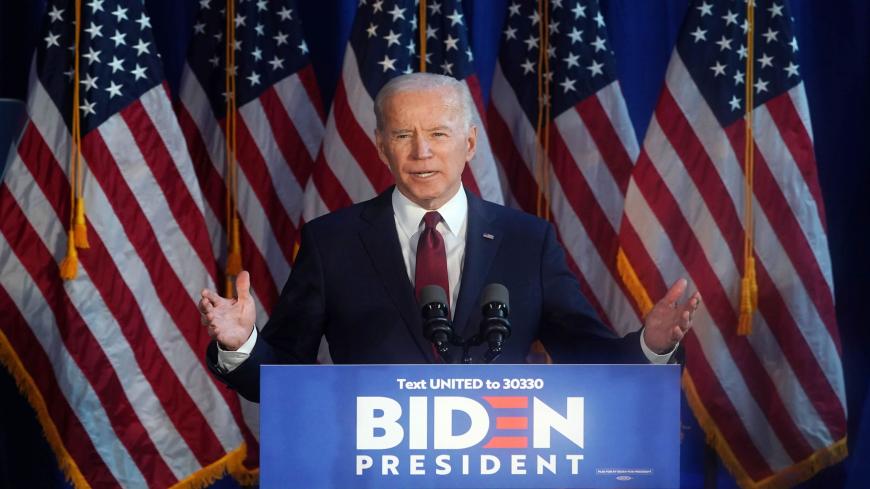News on Jan. 13 that Iran has started work on an assembly line to manufacture uranium metal makes it more imperative to quickly restore the 2015 nuclear accord that restricted such activity, although Iran’s move may also make it harder for President-elect Joe Biden to follow through on his election pledge to resume US compliance with the deal, known as the Joint Comprehensive Plan of Action (JCPOA).
Laying out his plan in a Sept. 13 article via CNN, Biden said he would return the United States to the accord if Iran returned to strict compliance with its nuclear limits. He implied it would be a clean “compliance for compliance” trade-off. Biden did not insist that Iran would have to move first; the typical diplomatic solution is for simultaneous actions. Nor did he set other conditions. Biden said he would use a restored JCPOA as a basis for engaging Iran on other issues of concern, including Iran’s missile program, involvement in regional conflicts, detention of American citizens and human rights abuses.



